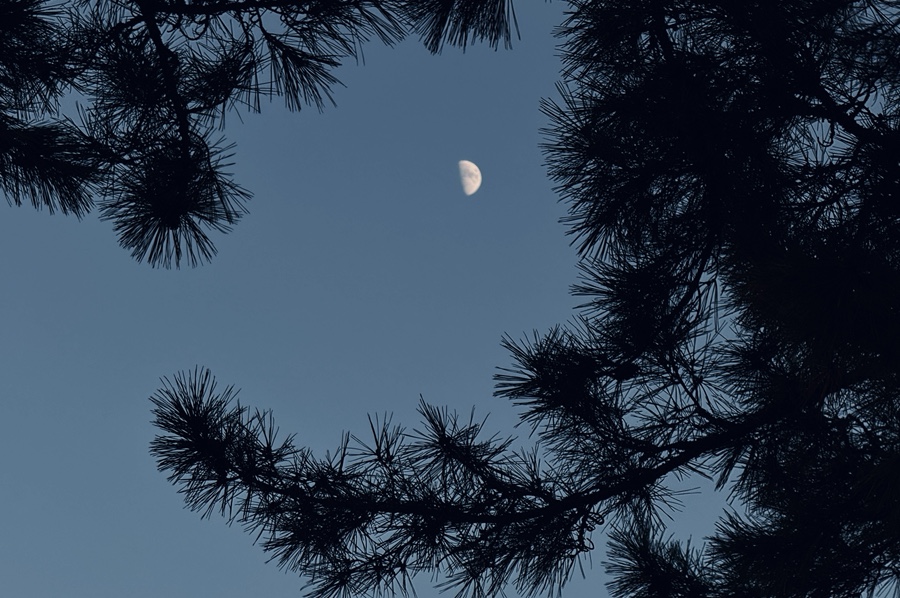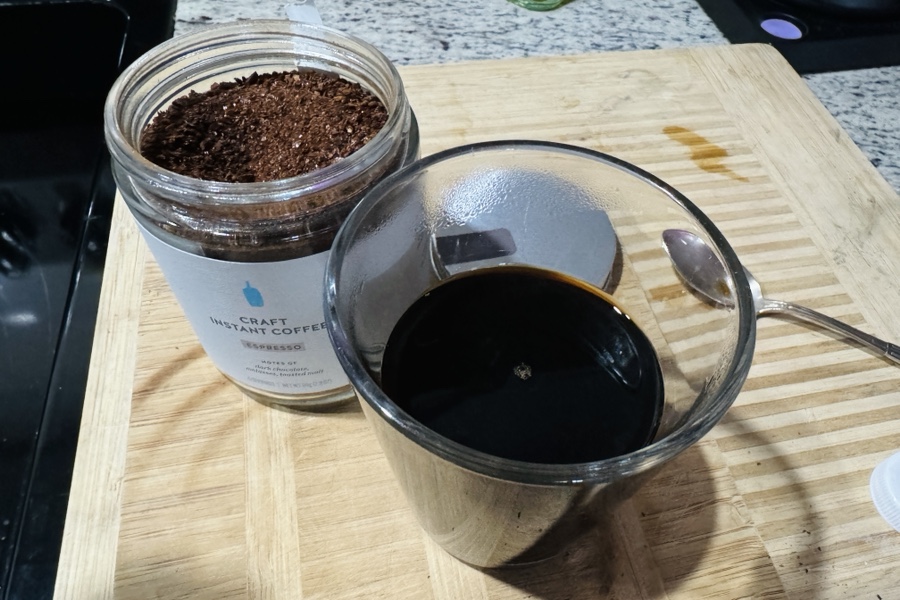02023-11-27 | Uncategorized

So many photos. It’ll take a while going through the bounty in December. I posted a bunch to Backstage already but will have to create several galleries.
The above pic was taken early this morning in Naoshima. Straight out of the phone cam, nothing adjusted.
02023-11-27 | Uncategorized
AI aka Large Language Model aka spicy autocomplete
Spicy autocomplete! LOL
worth reading
02023-11-22 | Uncategorized
This is a repost from a year or two ago. I set it up months ago and forgot all about it. Is it really already Thanksgiving? I arrived in Kyoto this morning, after traveling from Ise by train.

Tomorrow is Thanksgiving. I have mixed feelings about the holiday. I like what it became, a chance to break bread with family and friends, but don’t like the origin story of this holiday – see this post about Thanksgiving from 2019.
What I find very interesting is the name of the bird that is associated with Thanksgiving, the turkey.
As Americans prepare to sit down for a national day of feasting Thursday, what some of us may be wondering is, why is our Thanksgiving bird named after a Middle Eastern nation?
Blame it on the Portuguese.
Fowl Play? The Twisted Linguistics of Turkey
I started with that article from National Geographic and then set out to create a list from a bunch of different sources:
Turkey in the US and UK
Peru in Portugal
Pute, Truthahn or Hornochse (horned steer) in Germany
Schnuddelhong (snot-hen) in Luxembourg
Dik habash (Ethiopian bird) in Levantine Arabic
Ayam belanda (Dutch chicken) in Malaya
Moan barang (French chicken) in Cambodia
Gjel deti (sea rooster) in Albania
In many languages the bird is from India:
Dinde (from poule d’Inde or chicken of India) in France
Indyk (from India) in Poland
Indioliar in the Basque language
Indjushka (Indian bird) in Russia
Hindi (from India) in Turkey
Hndikahav (Indian chicken) in Armenia
In several Northern European languages the bird’s name is derived from the Indian port of Calicut:
Kalkoen (from Calicut hen) in the Netherlands
Kalkon in Sweden
Kalkkuna in Finland
Kalakutas in Lithuania
Kalkun in Norway, Danmark and Estonia
To sum it up this very American bird, from the genus Meleagris, is called by many different names and yet not a single one of those shows where the bird actually came from.
Schnuddelhong and Hornochse are my two favorite names.
02023-11-12 | Uncategorized
Good music can act as a guide
to good living.
— John Cage
02023-11-12 | Uncategorized
Ted Gioia writes:
How can a pop star tour without a band? Madonna is doing just that, and “will rely on original multi-track recordings while on stage.
But I fear this is a bigger issue than one greedy pop star. A nostalgic karaoke mentality is permeating our culture, and Madonna’s band-less tour is just one more symptom.
$3,000 seats and no band…
02023-10-28 | Uncategorized
What a time to be alive. Beautiful deluxe sounding album produced on a laptop and very decent instant espresso. Musicians have been waiting for this for decades. I shall enjoy this moment.






